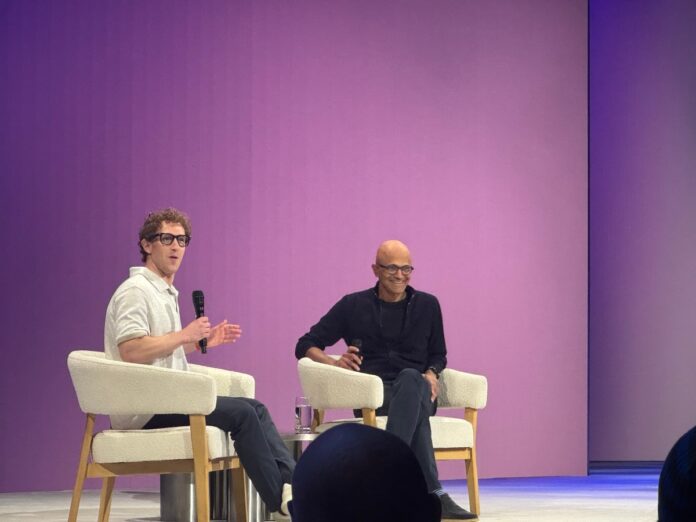Introduction to AI-Generated Code
Microsoft CEO Satya Nadella recently revealed that a significant portion of the company’s code is written by artificial intelligence (AI). During a conversation with Meta CEO Mark Zuckerberg at the LlamaCon conference, Nadella stated that 20%-30% of the code in Microsoft’s repositories is AI-generated. This means that almost a third of the code used by Microsoft is created by software, rather than human programmers.
The Current State of AI-Generated Code
Nadella provided this information in response to a question from Zuckerberg about the extent to which Microsoft’s code is generated by AI. The Microsoft CEO noted that the company is seeing varying levels of success with AI-generated code, depending on the programming language being used. For example, Microsoft has made more progress with Python, a popular language used for AI and machine learning, while C++ has proven more challenging.
Future Predictions
Microsoft CTO Kevin Scott has made a bold prediction about the future of AI-generated code. He expects that by 2030, a staggering 95% of all code will be generated by AI. This would represent a major shift in the way software is developed, with human programmers focusing more on overseeing and refining the code created by AI systems.
Comparison with Other Tech Companies
When asked about the extent to which Meta’s code is generated by AI, Zuckerberg admitted that he didn’t have an answer. In contrast, Google CEO Sundar Pichai recently announced that AI is generating more than 30% of the company’s code. However, it’s worth noting that the methods used to measure AI-generated code can vary between companies, so these figures should be taken as approximate.
Conclusion
The increasing use of AI-generated code is a significant trend in the tech industry, with major companies like Microsoft and Google already making significant strides in this area. As AI technology continues to improve, we can expect to see even more code being generated by software, potentially revolutionizing the way we develop and maintain software systems. While there are still challenges to overcome, the future of coding looks set to be increasingly automated, with human programmers working alongside AI systems to create more efficient and effective software.

